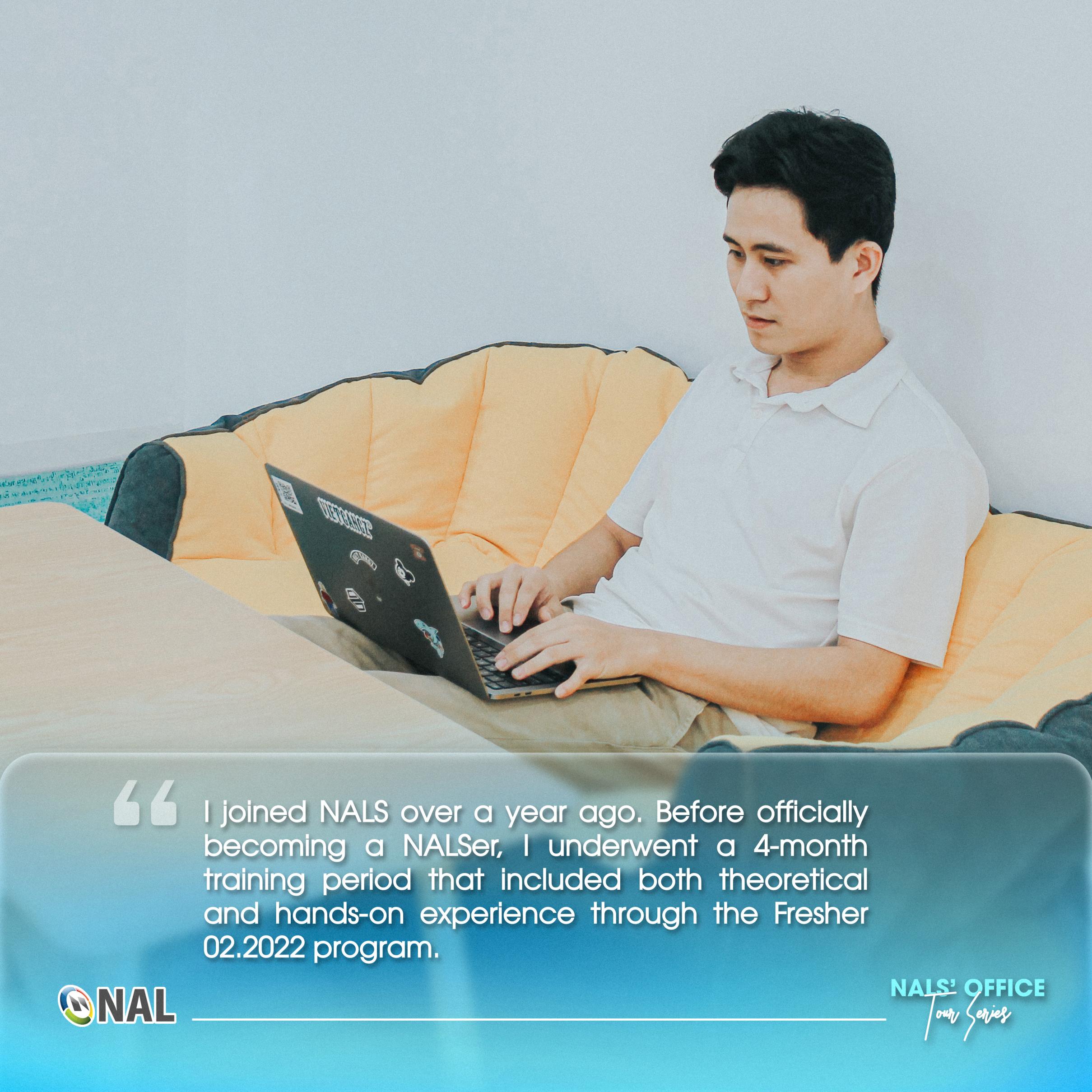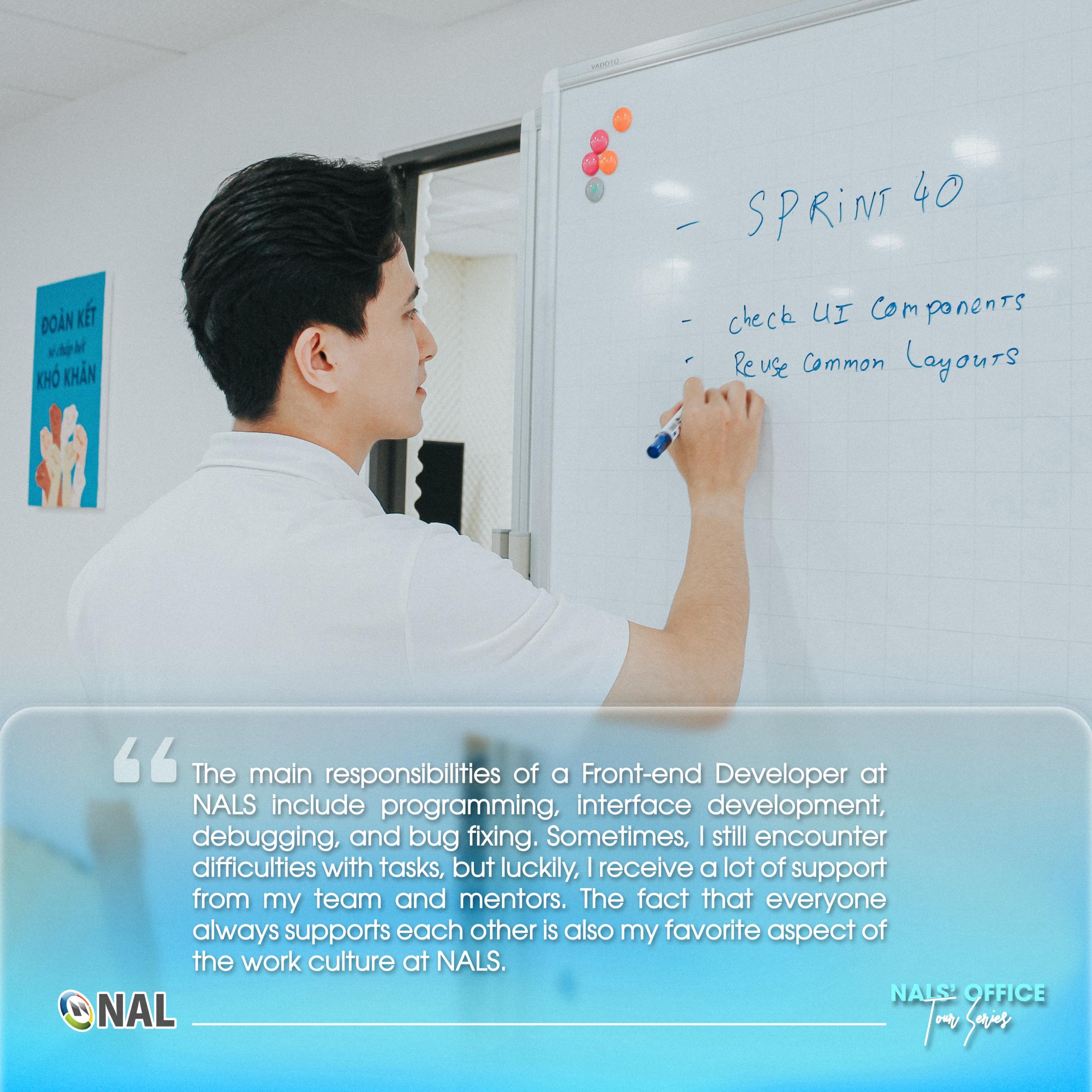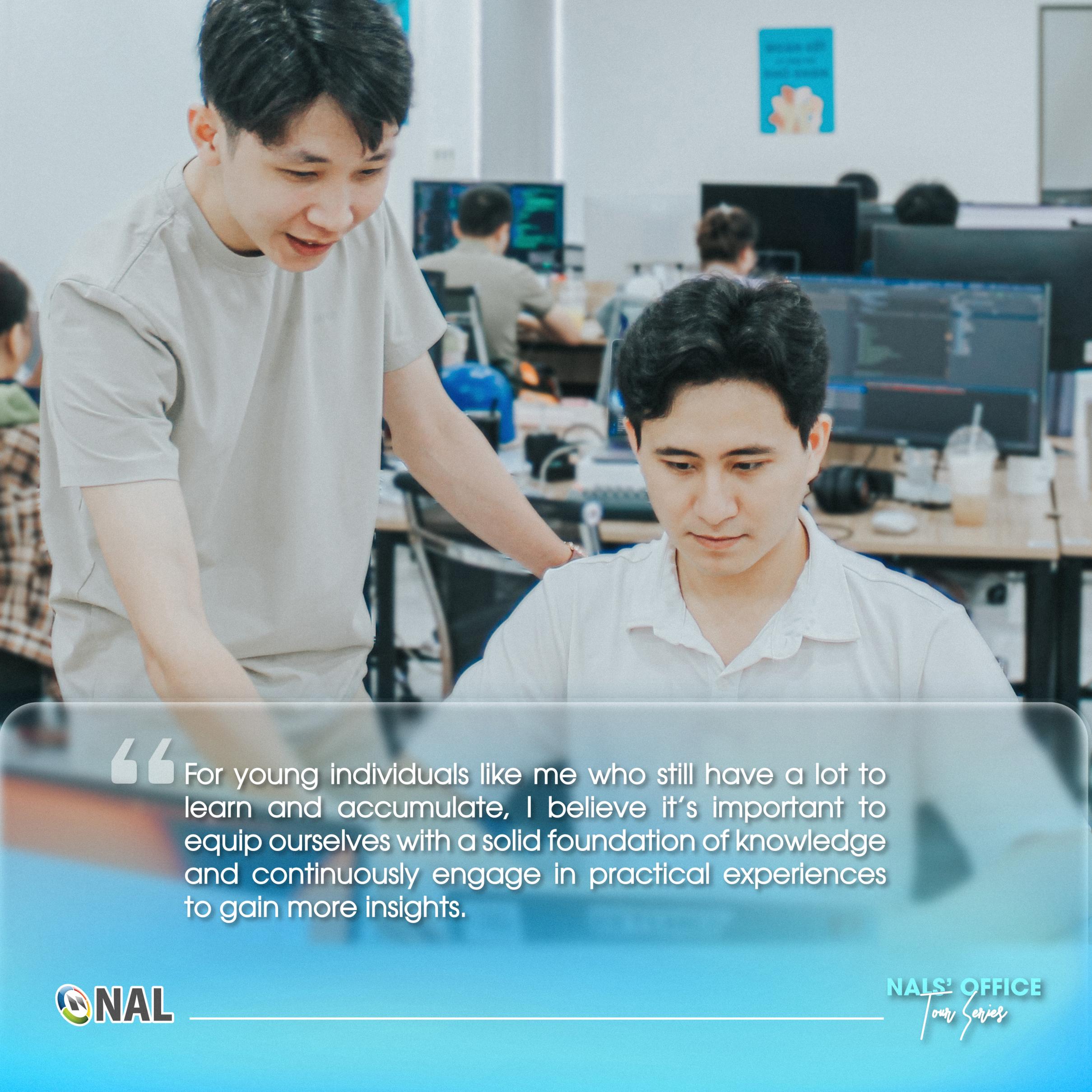Roles of a Front-End developer:
The role of a Front-End Developer is crucial in creating visually appealing and user-friendly web applications. Here are the key responsibilities and roles of a Front-End Developer:
Web Interface Development: Front-End Developers are responsible for developing the user interface of web applications. They translate design mockups and wireframes into actual web pages using technologies like HTML, CSS, and JavaScript. Their goal is to create visually appealing and responsive web interfaces that provide a seamless user experience.
User Experience (UX) Design: Front-End Developers play a vital role in ensuring a positive user experience. They collaborate with UX designers and UI designers to implement user-centric designs and interactive elements. They focus on optimizing website navigation, usability, and overall user satisfaction by considering factors such as accessibility, responsiveness, and performance.
Cross-Browser Compatibility: Front-End Developers need to ensure that web applications are compatible across different web browsers and devices. They test and optimize the code to ensure consistent behavior and appearance on various platforms, including desktop computers, tablets, and mobile devices.
Performance Optimization: Front-End Developers strive to optimize the performance of web applications. They optimize code, minify and compress files, and implement caching techniques to enhance website loading speed and overall performance. By reducing page load times, they improve user engagement and retention.
To become a successful Front-End developer, you will need:
Proficiency in HTML, CSS, and JavaScript: A strong foundation in these core web technologies is essential for front-end development. Mastering HTML for structuring web content, CSS for styling and layout, and JavaScript for interactivity and functionality is crucial.
Understanding of Responsive Design: Front-End Developers should be skilled in creating responsive web designs that adapt to different screen sizes and devices. Knowledge of responsive frameworks and media queries is valuable in ensuring a consistent user experience across platforms.
Familiarity with Front-End Frameworks and Libraries: Front-End Developers often work with popular frameworks and libraries such as React, Angular, or Vue.js. Being proficient in at least one of these frameworks can greatly enhance development efficiency and productivity.
Knowledge of Web Accessibility: Understanding accessibility standards and best practices is important for creating inclusive web experiences. Front-End Developers should ensure that web applications are accessible to users with disabilities, including proper semantic structure and assistive technology compatibility.
Version Control Systems: Proficiency in using version control systems like Git enables Front-End Developers to collaborate effectively, manage code changes, and track project versions.
Front-End Developer Career Path and Opportunities:
Junior Front-End Developer: Entry-level position, working on basic projects and gaining practical experience.
Front-End Developer: Handling more complex projects, collaborating with teams, and contributing to user interface development.
Senior Front-End Developer: Leading projects, mentoring junior developers, and providing technical guidance.
Front-End Architect: Designing and implementing robust front-end architectures and frameworks.
User Experience (UX) Developer: Collaborating with UX designers to create seamless user experiences.
Full-Stack Developer: Expanding skills to work on both front-end and back-end development.
Technical Lead or Managerial Roles: Overseeing teams, coordinating projects, and making strategic decisions.
Additionally, front-end development offers the flexibility to work as a freelancer or consultant, taking on projects for different clients or companies. It also provides opportunities for specialization in specific areas such as mobile app development, e-commerce, or accessibility.
Continuous learning, keeping up with emerging technologies, and building a strong portfolio of projects will significantly enhance your career prospects as a Front-End Developer. The field offers abundant opportunities for growth, innovation, and the chance to contribute to the evolving landscape of web development.
Success Story of a Front-End Developer at NAL Solutions:
Meet L.D. Q. Lam, a talented Front-End Developer at Nal Solutions, whose journey from the Fresher program to becoming a seasoned professional. In the realm of technology, if a tech product can be compared to a house, then the Front-End developer is the visionary interior designer, responsible for creating captivating user experiences.
Lam’s story began with a ambition to become a Full-Stack Engineer, and through hard work, he transitioned from the Fresher program in February 2022 to his current role as a skilled Front-End Developer. With over a year of hands-on experience, Lam has established himself as an invaluable asset at NAL Solutions. Let us delve into Lam’s inspiring journey and gain deeper insights into his remarkable career.
Lam highlights the significance of solid foundational knowledge for aspiring Front-End Developers entering the industry. Skills such as the programming language JavaScript, problem-solving through algorithms, understanding data structures, grasping basic OOP concepts, and proficiency in HTML and CSS are crucial building blocks. However, Lam emphasizes that knowledge alone is not enough; the ability to apply this knowledge effectively in real projects is equally important. By continuously immersing himself in project work, Lam not only gains valuable experience but also edges closer to achieving his larger aspirations.
Join us as we delve deeper into Lam’s journey, exploring his invaluable insights and remarkable accomplishments as a Front-End Developer. His passion, dedication, and continuous pursuit of excellence inspire all aspiring developers in the ever-evolving world of technology.
Read the related article: Get to Know the Data Analyst Role at NAL Solutions



